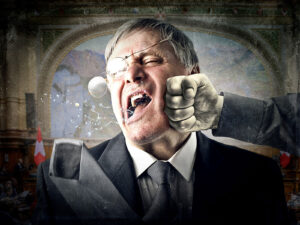
Punch-up in the Federal Parliament
On a hot June day in 1930, two National Councillors had a difference of opinion. After a heated exchange of words, the politicians turned violent.
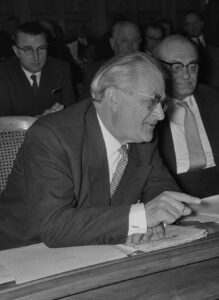
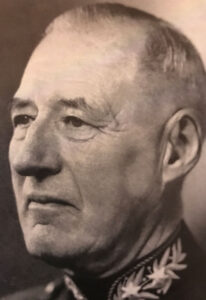
Liar, beast, coward!
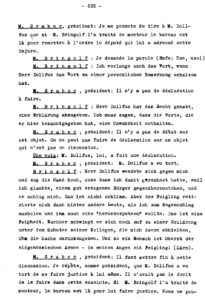
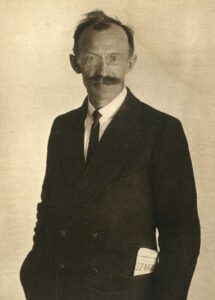

On a hot June day in 1930, two National Councillors had a difference of opinion. After a heated exchange of words, the politicians turned violent.



